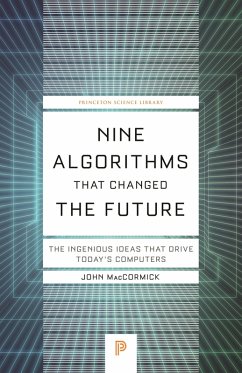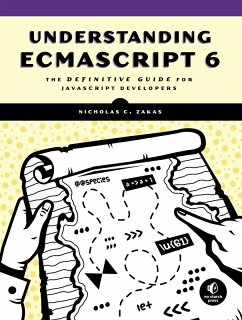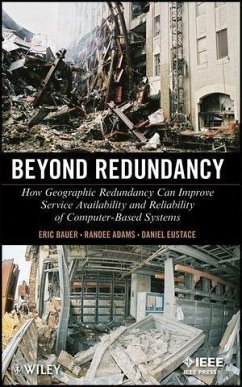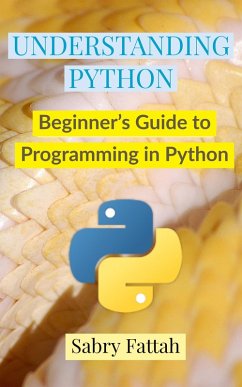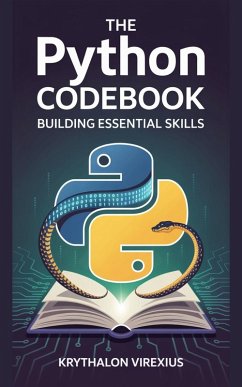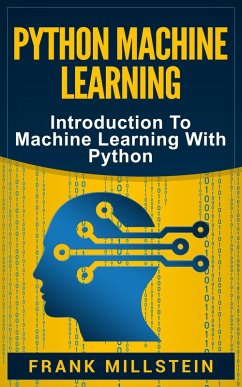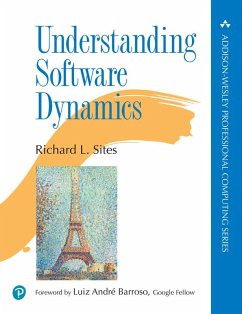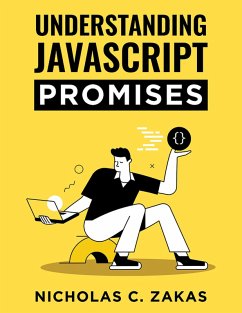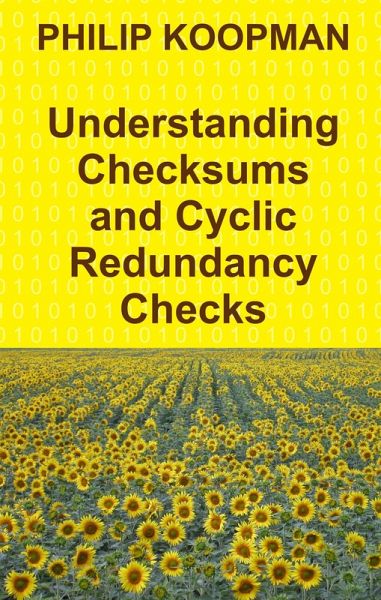
Understanding Checksums and Cyclic Redundancy Checks (eBook, ePUB)

PAYBACK Punkte
0 °P sammeln!
Understanding Checksums and Cyclic Redundancy Checks: This book gives practical, comprehensive answers to common questions about checksums and CRCs. Descriptions are based mainly on intuitive rather than mathematical explanations for both algorithmic operation and limitations, improving accessibility to non-specialists. Coverage includes single-sum checksums, dual-sum checksums (Fletcher checksum, DualX, DualXP), the new Koopman checksum, Cyclic Redundancy Checks (CRCs), and system-level usage considerations. For decades much of the practical use of checksums and CRCs was based, at least in pa...
Understanding Checksums and Cyclic Redundancy Checks: This book gives practical, comprehensive answers to common questions about checksums and CRCs. Descriptions are based mainly on intuitive rather than mathematical explanations for both algorithmic operation and limitations, improving accessibility to non-specialists. Coverage includes single-sum checksums, dual-sum checksums (Fletcher checksum, DualX, DualXP), the new Koopman checksum, Cyclic Redundancy Checks (CRCs), and system-level usage considerations. For decades much of the practical use of checksums and CRCs was based, at least in part, on folklore. This book provides a solid, comprehensive foundation for addressing core issues such as the comparative fault detection effectiveness of each technique, insight into speed differences, intuitive explanations for how speed-up techniques work, which CRC polynomial you should use for any particular situation, and source code examples for each approach. This is the most comprehensive treatment of checksums and CRCs to date. The emphasis is on intuitive explanations and empirical validation of insights for practical application of these techniques to addressing real-world problems. Chapters: 1. Introduction 2. Decimal checksum examples 3. Checksum operation and terminology 4. Checksum fault model 5. Single-sum checksums 6. Dual-sum checksums (Fletcher, Adler, DualX) 7. Koopman checksum 8. Checksum plus parity for HD=4 (KoopmanP, DualXP) 9. Cyclic Redundancy Check (CRC) 10. CRC effectiveness 11. Other checksum considerations 12. System-level considerations 13. Resources 14. Conclusions 15. Appendix: Good CRC Polynomials 16. Glossary Includes example source code in C for each type of checksum. This e-book is best viewed in color, with some color-coded text and dozens of color illustrations.
Dieser Download kann aus rechtlichen Gründen nur mit Rechnungsadresse in A, B, CY, CZ, D, DK, EW, E, FIN, F, GR, H, IRL, I, LT, L, LR, M, NL, PL, P, R, S, SLO, SK ausgeliefert werden.




